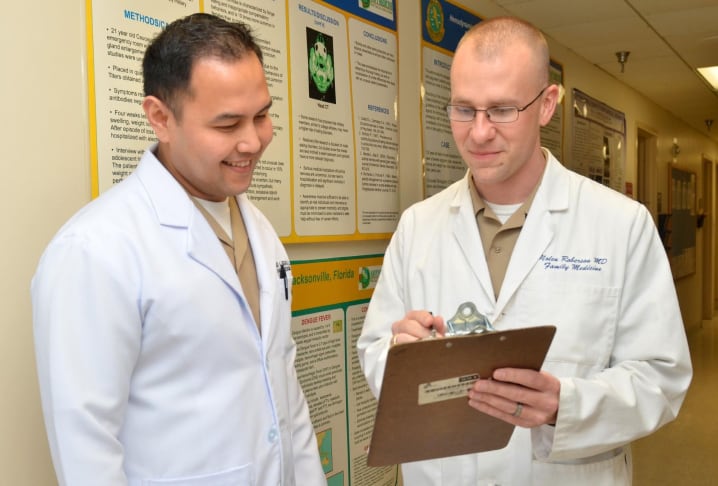An orthopedic consultation is the first step in determining if you need surgical or non-surgical care for a bone, joint, or muscle injury. If you have been experiencing pain in your bones or joints and have been recommended to visit an orthopedist, here’s what to expect during your first appointment.
Your Evaluation
During your first appointment with an orthopedist, they will begin by collecting information on your medical history as well as a physical examination of the area of concern. The doctor will likely ask questions about any previous injuries to that location and if there is any family history of this type of injury. In addition, they may suggest imaging tests such as X-rays or MRIs to provide more insight into the injury and help develop a treatment plan.
Treatment Options
Once the doctor has determined the extent of your injury and its cause, they can provide you with options for treatment. Depending on your condition, these treatments could include physical therapy or medications such as anti-inflammatory drugs or muscle relaxants. For more serious injuries, surgery may be necessary. Be sure to discuss all available options with the doctor before deciding on a course of action.
Making Decisions Together
The most important thing to keep in mind when going into an orthopedic consultation is that it should be a collaborative effort between you and the doctor. The doctor will provide their professional opinion and recommendations, but ultimately it is up to you to decide which treatment option is best for you and your lifestyle. Do not feel pressured into making any decisions; take all the time you need until you are comfortable with whatever route you choose.
An orthopedic consultation should not be intimidating—it should serve as an opportunity for you to get answers and make informed decisions about how best to manage your bone or joint injury. Always remember that communication plays an important role in any course of action; let the doctor know what works best for you so that together you can come up with a treatment plan that meets both of your needs! By understanding what happens during an orthopedic consultation ahead of time, potential clients can be prepared for their visit and informed about their options for care moving forward. This knowledge can help someone make an informed decision about their health care needs which leads them one step closer towards living pain free!
